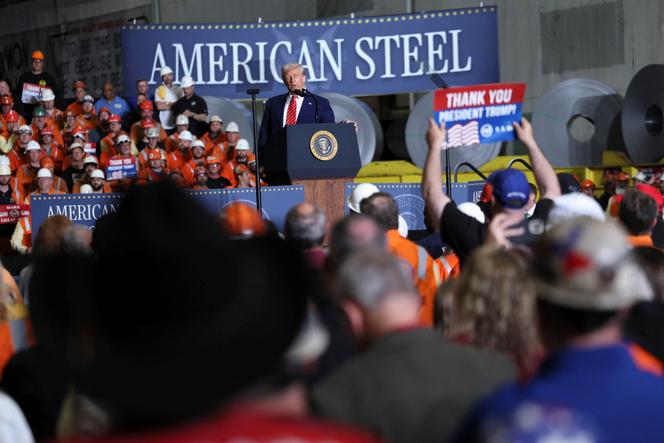


Attracting foreign investment to reindustrialize the US has been the main objective of Donald Trump's tariff policy. "Remember the army of millions and millions of human beings screwing in little screws to make iPhones? That kind of thing is going to come to America," promised US Secretary of Commerce Howard Lutnick on April 6, just days after Trump announced so-called "reciprocal" tariffs on April 2.
The agreement unveiled on Sunday, July 27, with the European Union includes an additional $600 billion in investments to be made in the US. A few days earlier, Japan committed to invest $550 billion in the US as part of its agreement signed with Washington. These commitments, however, remain vague – both in terms of the time frame and the sectors involved.
In recent weeks, several major European groups have announced plans to build factories in the US, raising concerns over reduced activities in Europe and even an increase in offshoring to the US. On July 24, Bernard Arnault, the founder and CEO of the luxury group LVMH, announced that Louis Vuitton would open a fourth manufacturing site across the Atlantic. "For our American customers, buying a Louis Vuitton product 'made in USA' poses (…) no problem at all," Arnault argued in the French newspaper Le Figaro on July 24.
You have 70.31% of this article left to read. The rest is for subscribers only.
